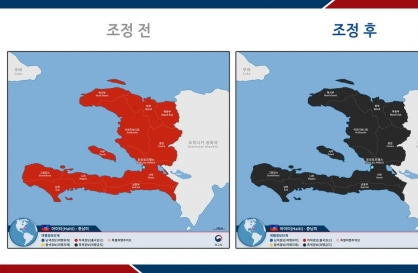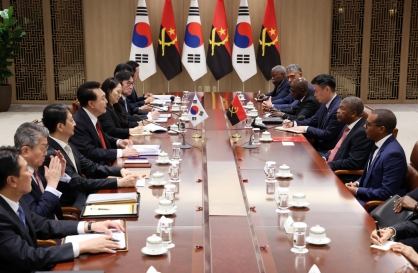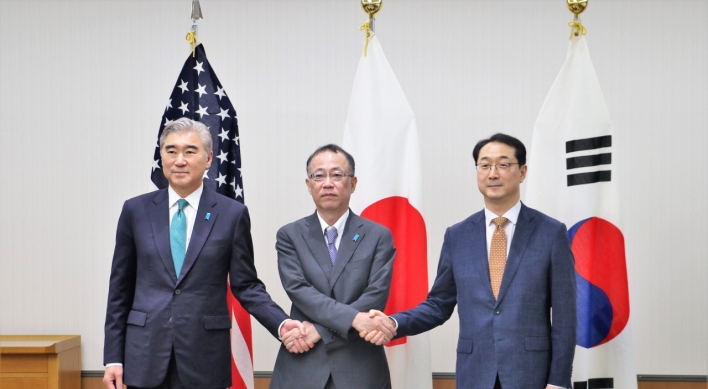Brazilian President Dilma Rousseff on Monday proposed to earmark $25 billion for public transport following days of mass nationwide street protests, in a bid to seize the political initiative.
She also suggested a referendum on broad "political reform" in response to public exasperation with substandard public services and rampant official corruption in Brazil, the world's seventh largest economy.
The president also warned against any repeat of the violence and vandalism that marred Thursday's protests, which brought 1.2 million people to the streets across the country to demand a better of quality life.
Brasilia will allocate "50 billion reais ($25 billion) in new investments for urban mobility projects" and "to improve public transport in our country," Rousseff said after crisis talks with protest leaders and regional officials.
She also stressed the need for fiscal responsibility and for boosting investments in health and education as demanded by the throngs of Brazilians who have taken to the streets over the past two weeks.
Brazil's unrest initially focused on transport fares before mushrooming to encompass a variety of gripes against Rousseff's leftist government, including criticism of the huge cost of staging the 2014 World Cup.
The protests coincide with the Confederations Cup tournament being held in six Brazilian host cities as a dry run for next year's World Cup. Brazil has spent $15 billion to stage the two events.
On Monday, Rousseff met in Brasilia with state governors, city mayors and protest leaders, including representatives of the Free Pass Movement (MPL), which successfully forced authorities in several cities, including Sao Paulo and Rio, to cancel mass transit fare hikes.
"My government is hearing the democratic voices of the streets which are demanding change," Rousseff said Monday -- a repeat of the message she offered Friday in a speech on national television aimed at calming tensions.
"We know we can find solutions together with the population," she added.
Rousseff reiterated many of the themes she presented last week -- making a public transport revamp a priority, using oil royalties to boost education and proposing the recruitment of foreign doctors to bolster health services.
After the meeting, the MPL said it was open to dialogue with the government but vowed to carry on with protests until its demands are met.
"The struggle does not stop. The struggle for free transport continues," said MPL representative Mayara Longo Vivian.
State governors and mayors of the main opposition party, the Social Democratic Party, had huddled among themselves to map out a joint agenda.
A poll by the Ibope institute released on Sunday showed that 46 percent of those who took to the streets had done so for the first time.
However, despite criticism of the high cost of the World Cup, 67 percent said they approved of Brazil hosting a tournament it has won five times, Ibope said.
FIFA Secretary General Jerome Valcke insisted Monday that football's world governing body had received no offers from any country to stand in as Cup hosts, amid the roiling public unrest and as Brazil races to get ready.
"I have never received any official offer from countries around the world to stage the World Cup in 2014," Valcke said in Rio.
Meanwhile, two women who had taken part in a small protest in the central town of Cristalina died Monday after being run over by a motorist who ran through a blockade.
That brought to four the death toll in the two-week-old protests, which began on June 11 in Sao Paulo to denounce an increase in public transport fares.
Unrest spread quickly and the vast country of 194 million was engulfed in protest. On Thursday, 1.2 million people hit the streets, including more than 300,000 in Rio de Janeiro.
At the weekend, more than 30 people were hurt in clashes pitting protesters against police when 70,000 marched on Saturday toward the stadium in Belo Horizonte, where Mexico beat Japan 2-0 in a Confederations Cup match.
On Sunday, the protests were generally smaller and calmer.
"The duration of this movement will depend on how politicians respond," said Luis Felipe Ponde, a philosophy professor at Rio University. (AFP)


















